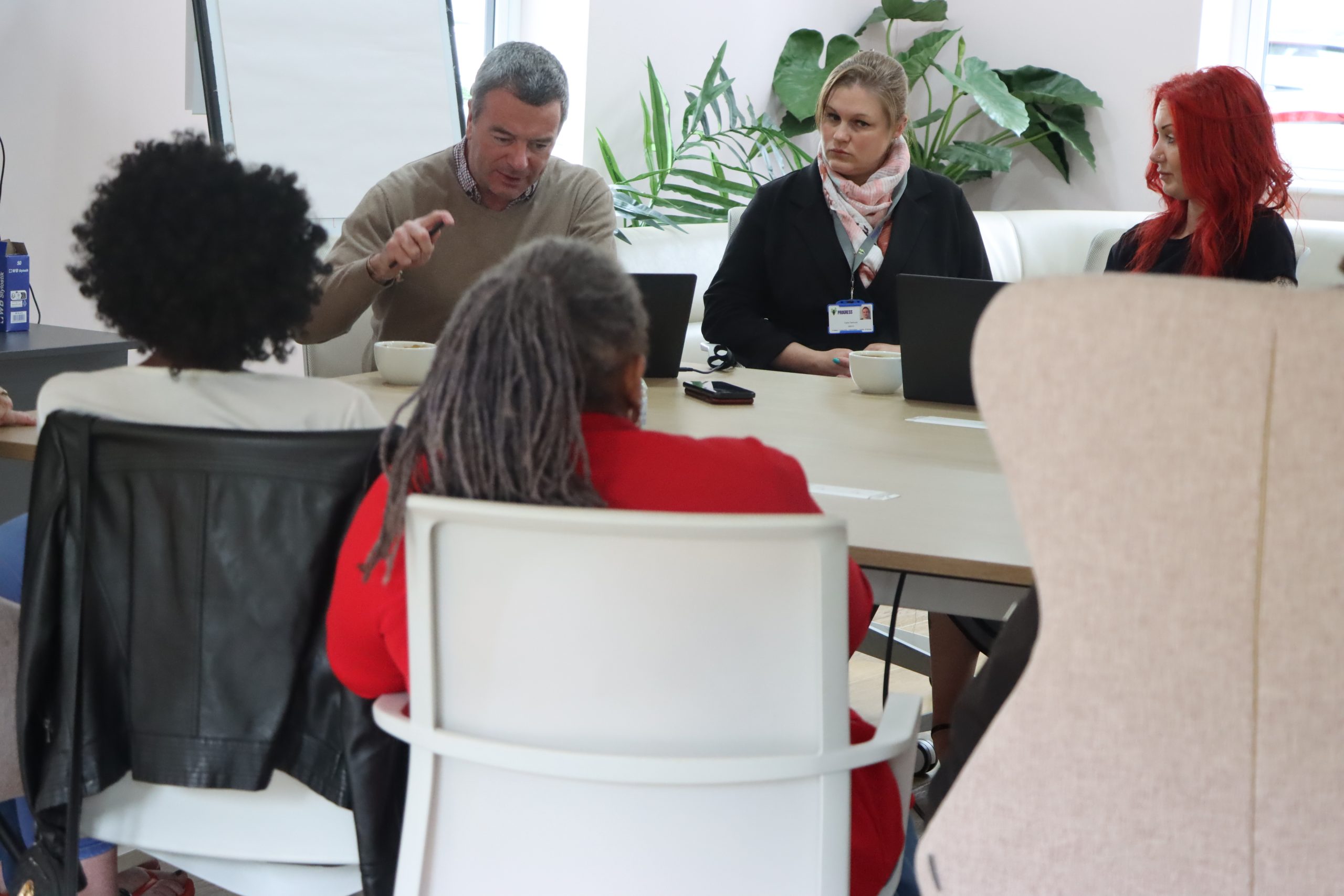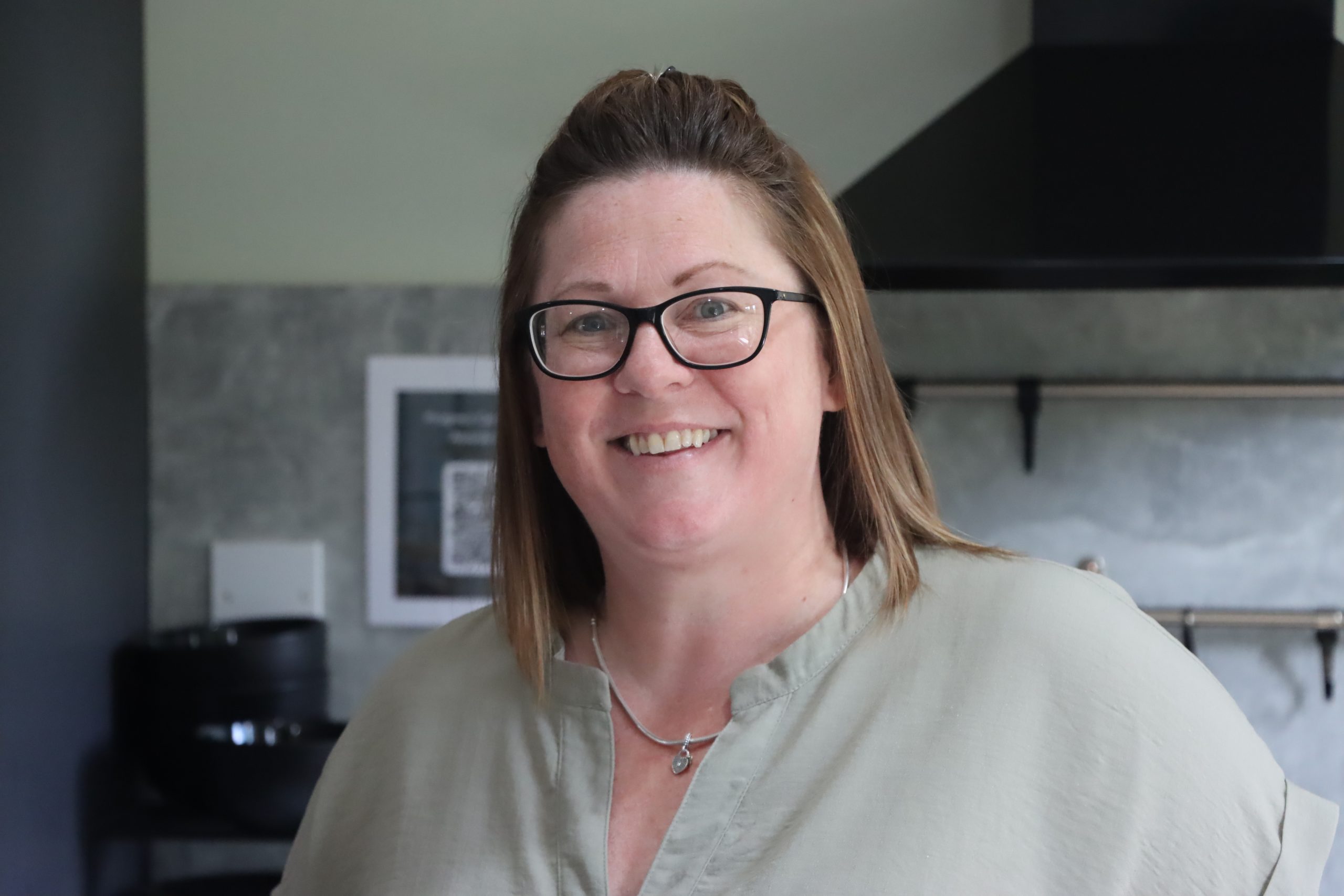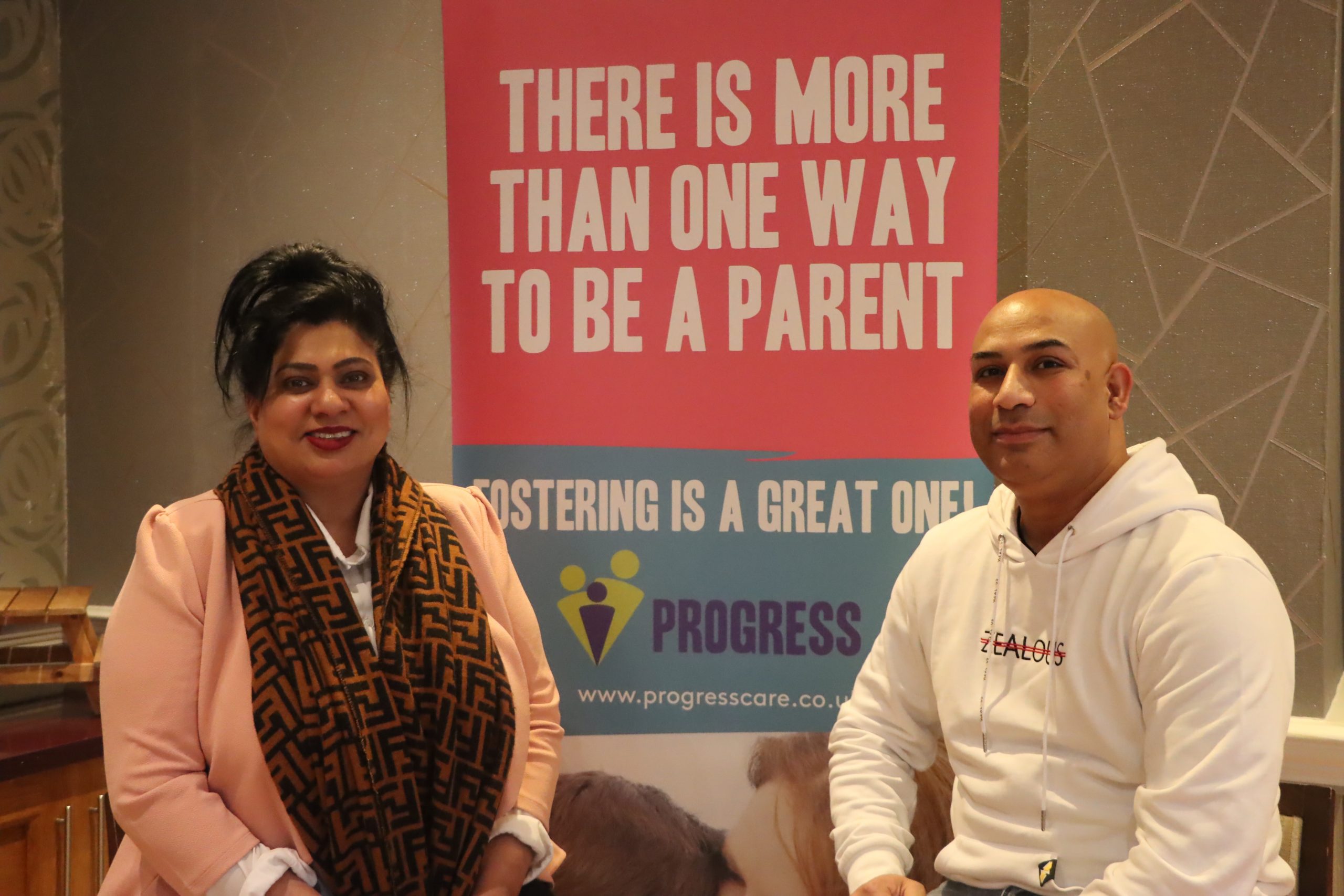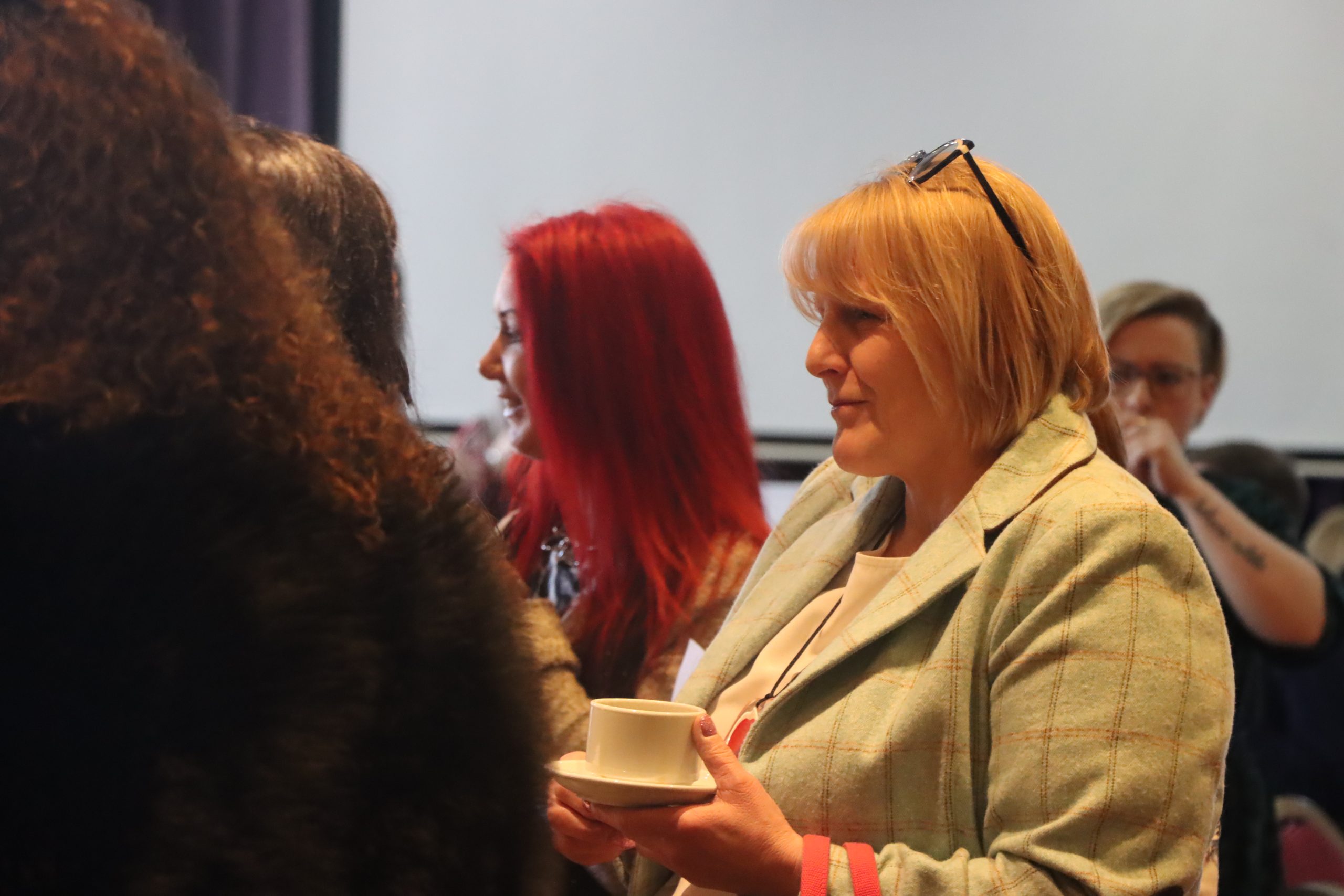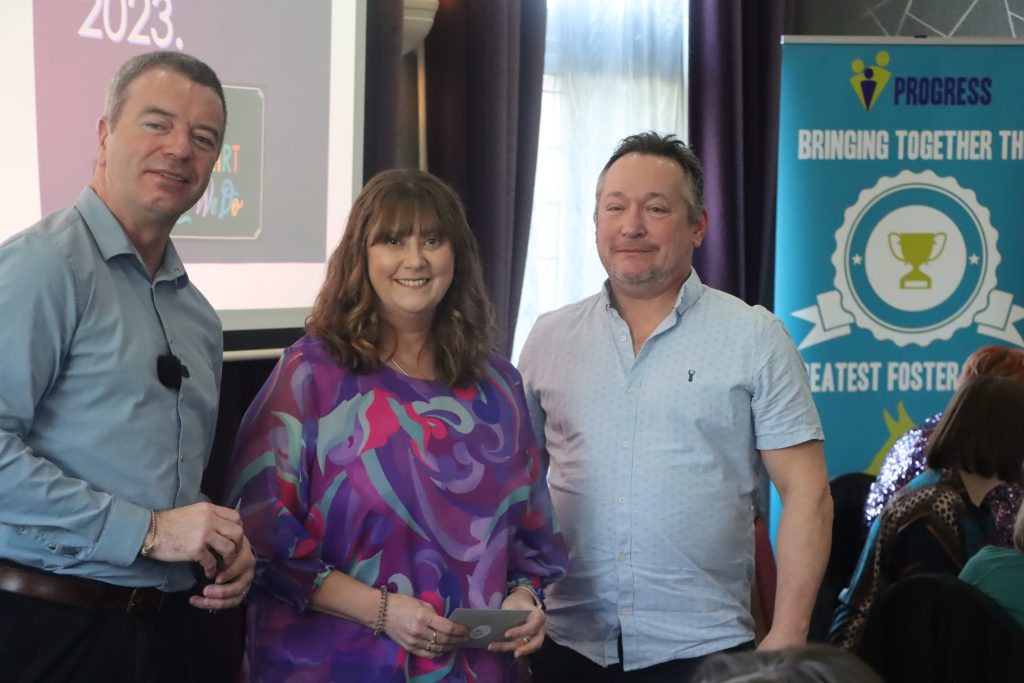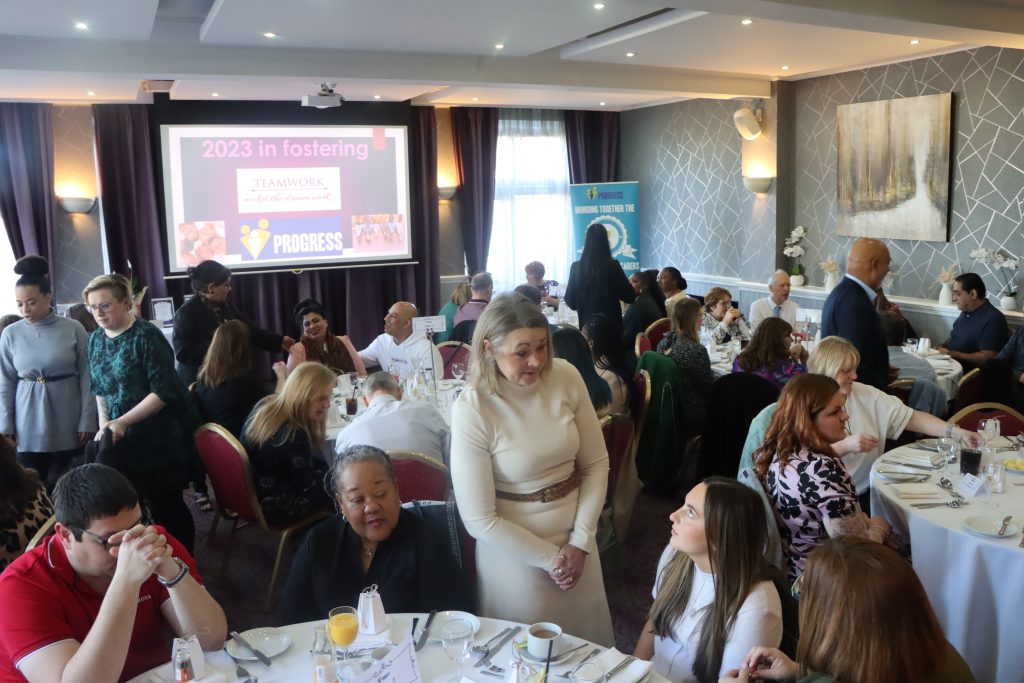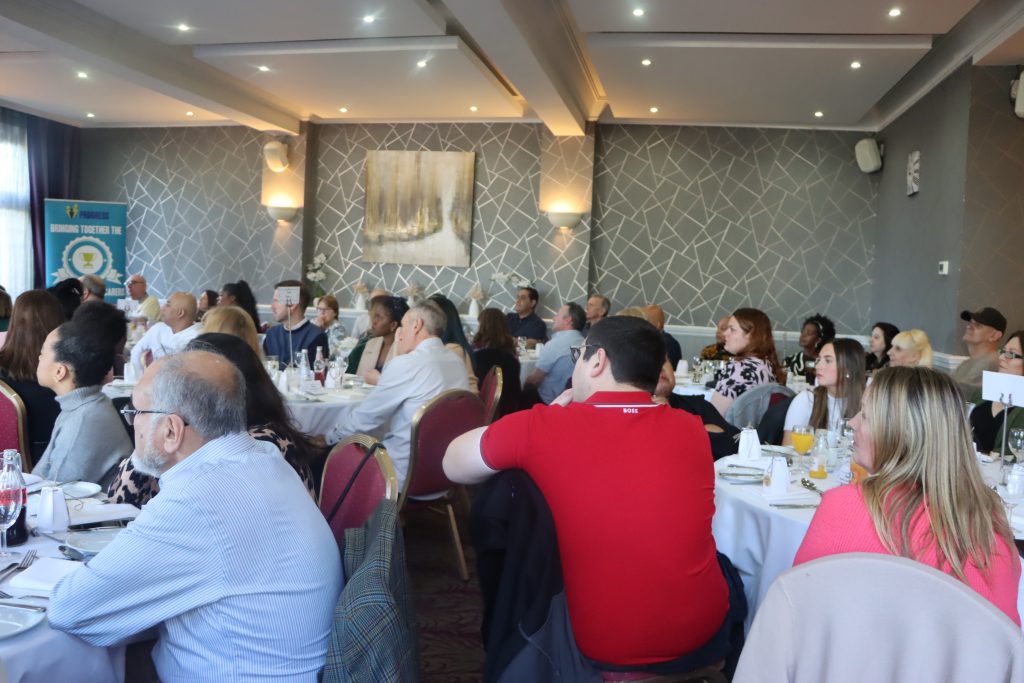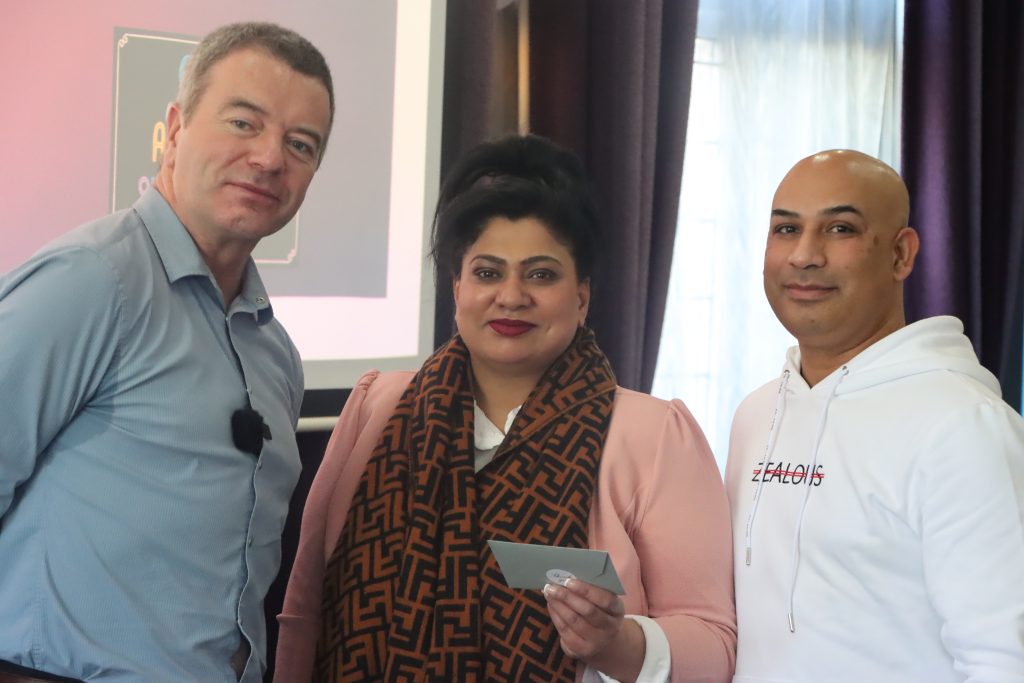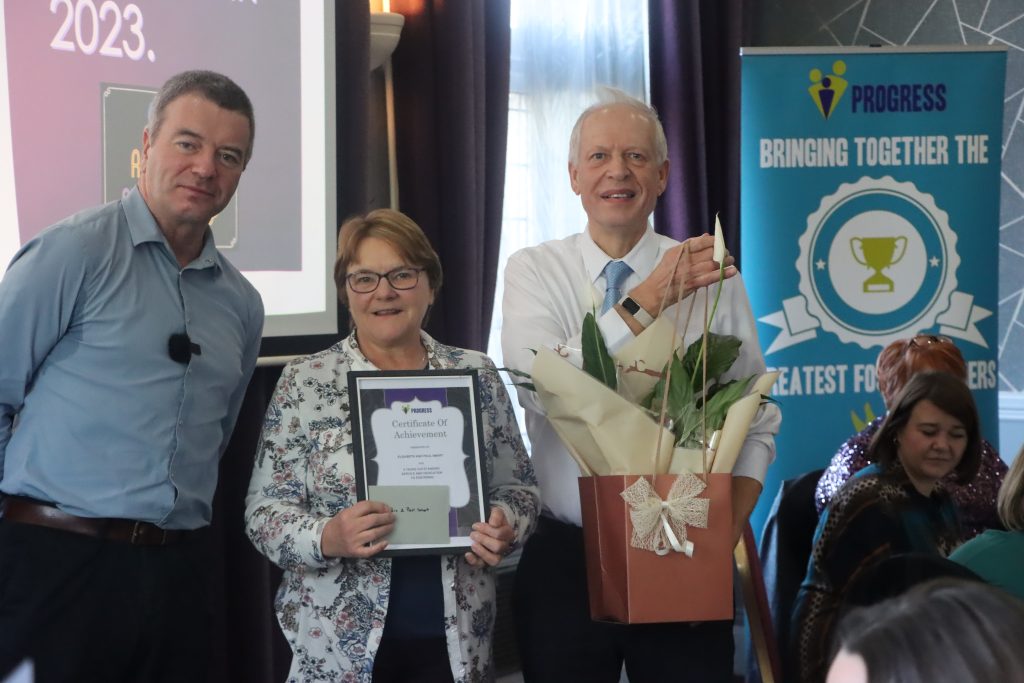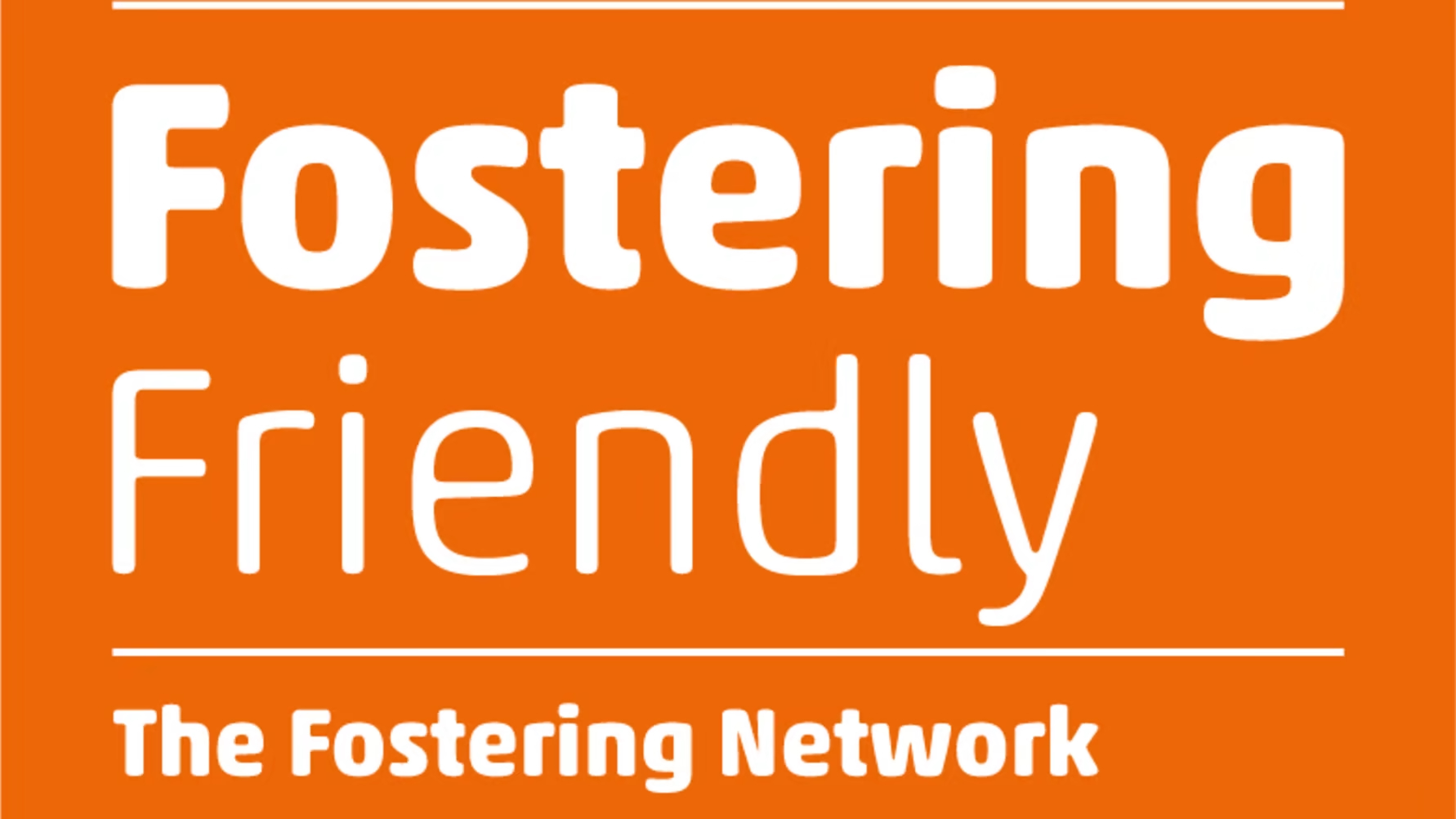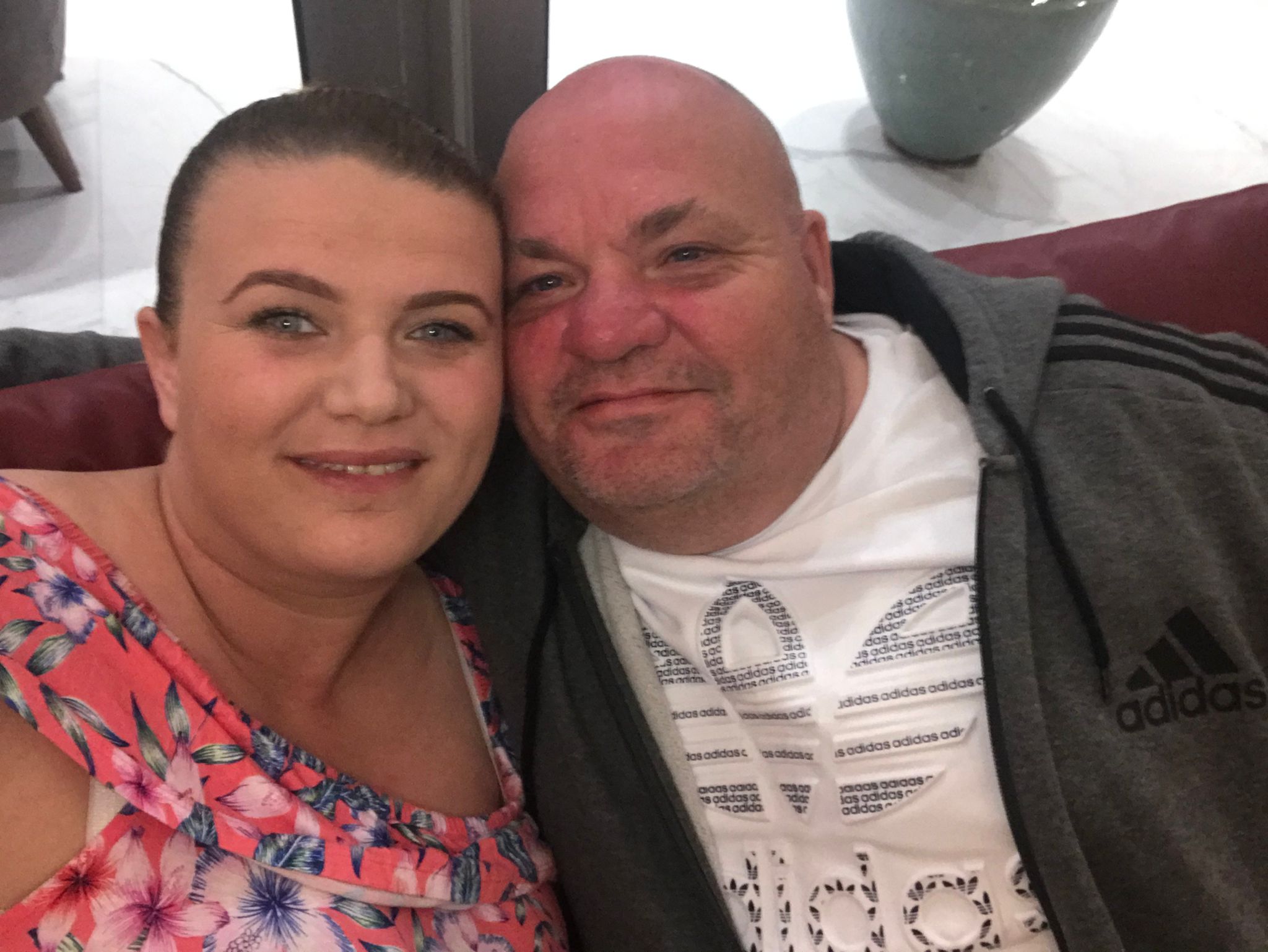Are you considering becoming a foster carer? At Progress, we understand the journey can be both rewarding and challenging. Amanda, one of our dedicated foster carers, shares how the support groups at Progress have been invaluable to her and can be for you too.
“I’ve really enjoyed coming along to the support groups,” Amanda begins. “I find it really insightful. Sometimes people explain the challenges they’re having, and even though you might not be living that challenge, hearing the tools to overcome them absolutely could benefit me. You never know when you might come across that yourself.”
Amanda highlights the importance of community and support in fostering. “It’s really important to come along and support others. As a foster carer now, I’ve got hints and tips that I can share with people with less experience. Meeting people face to face is brilliant. If you need anything, it’s great to come into the offices and speak to someone. Everyone’s so welcoming and supportive. There’s always somebody to speak to.”
The sense of camaraderie and shared experience is something Amanda deeply values. “It’s great to hear from other foster carers, to share ideas and challenges, and get other people’s perspectives on overcoming obstacles. Fundamentally, you’re not alone. Everyone is having their own challenges and successes. Sharing success is a massive reason to come to the support groups—to celebrate success with everybody else at Progress.”
Amanda’s experience shows that with the right support, fostering can be a fulfilling and enriching experience. If you’re interested in becoming a foster carer and want to learn more about the benefits of our support groups, visit progresscare.co.uk/fostering or call 01902 561066. Join us and become part of a community that values support, learning, and shared success.




